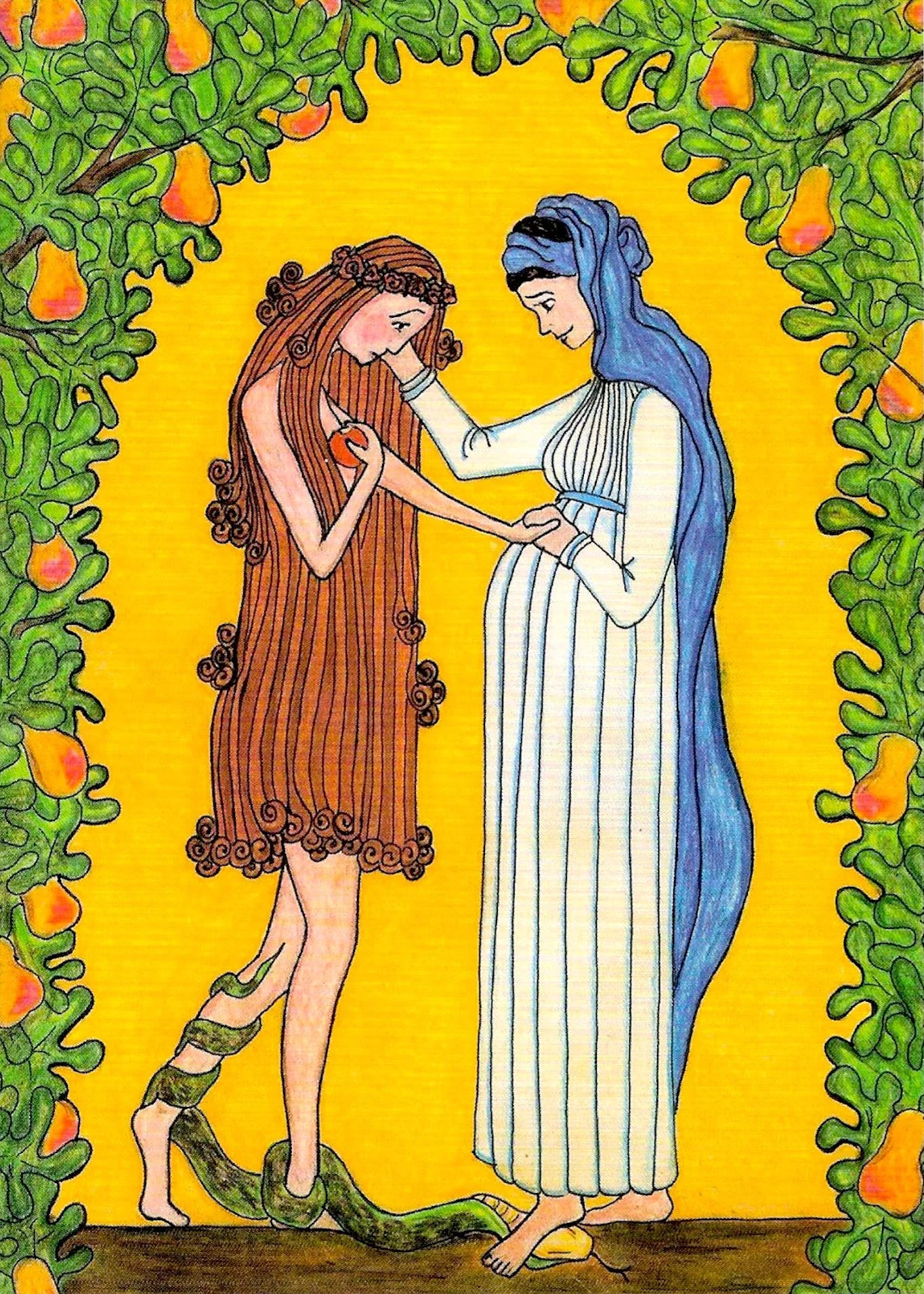Advent and the Miracle of the Earth's Resurrection
How Climate Regeneration is Part of Christ's Redemptive Work
Advent has always been one of my favorite seasons in the liturgical calendar (next to Holy Week). More than the pretty lights, Christmas trees, smells of cinnamon and peppermint, and holiday festivities, Advent is so significant because it points to someone more than myself: Jesus Christ.
Advent is remembrance — a remembering of Christ’s first coming as the salvation of the world in the small and fragile body of an infant. It still awes me how the fullness of God was found breastfeeding in the arms of a poor, Nazarene woman named Mary in first-century, Jewish Palestine. That is nothing short of a miracle.
However, it seems that our world today is lacking in miracles. As we watch the headlines that appear on our social media feeds, we are quick to find that many injustices continue to ail our modern predicament. The continual onslaught of mass shootings across the U.S., the discovery of possible Russian war crimes in Ukraine, and the militaristic suppression of civilian protesters in China — all these evidence the global violence that pervades our world today.
Moreover, in a New York Times article entitled “Ocean-Eaten Islands, Fire-Scarred Forests: Our Changing World in Pictures,” ecological crises worldwide are photographed to represent the direness of our global, environmental plight — ranging from alarming methane levels in Texas, a new dam causing the Nile River’s decay, and wildfires everywhere.
In The Uninhabitable Earth: Life After Warming, journalist David Wallace-Wells describes the ecological situation of the planet as dire. He fears that global warming in the next 75 years will lead to whole regions in Asia, Africa, and the Americas becoming “effectively uninhabitable by direct heat, desertification, and flooding.”1 He warns against those who believe climate change can be easily avoided, saying, “The slowness of climate change is a fairy tale, perhaps as pernicious as the one that says it isn’t happening at all…”2 No, for Wallace-Wells, climate change is happening in the here and now — it is a matter of urgency and tremendous seriousness.
But don’t get me wrong: I believe that miracles continue to take place today, all around us.
All around us, people across the world are striving for the regeneration of the planet and our shared ecosystem. And as a Christian, I believe in a divine Creator whose heart is for the flourishing of all creation, and whose desire is not violence but the giving of life, breath, and vitality. This Creator became flesh for us, incarnated (“advented”) within the womb of a Jewish woman, and walked the same Planet Earth that we are all living on today. This same human being — a Palestinian Jew like his mother — gathered diverse peoples around his body and healed the afflicted, restored the blind, liberated the poor, and challenged the religious and political elite of his time. He traveled the wilderness, lived among wild animals, communed with his Father in mountains and gardens, befriended and discipled fishermen and farmers, and provided food and drink for the needy who surrounded him.
Yes, I believe that the same miracles continue to take place today. All around us. And I believe that Jesus is not done liberating the poor and lowly among us, providing them with the lifegiving breath (Ruach) of his Holy Spirit, and restoring our bodies, lands, and communities to eternal life — forever and evermore. This is what the Apostle Paul writes of in Romans 8:18-21, as he longed to see creation restored to the fulness of its God-ordained beauty:
I consider that our present sufferings are not worth comparing with the glory that will be revealed in us. For the creation waits in eager expectation for the children of God to be revealed. For the creation was subjected to frustration, not by its own choice, but by the will of the one who subjected it, in hope that the creation itself will be liberated from its bondage to decay and brought into the freedom and glory of the children of God.3
I pray that we desire the same. Today, we are facing one of the greatest challenges we have ever encountered. The gospel of Advent provides us with the call to struggle for a transformation that will reverberate with the goodness and creative life-force of God. It is time to not only build a better future for ourselves, but also for the generations upon generations that will come after us. It’s now time to stop thinking in the short-term, and imagine what the long-term could be.
It is time to participate in the miraculous. All around us.
That is what Advent is all about.
Reading:
The Uninhabitable Earth: Life After Warming by David Wallace-Wells (Tim Duggan Books)
How ‘Black Panther’ Builds Complex Characters From the Politics of Colonization by Maya Phillips (The New York Times)
Watching:
Limitless (Disney+)
The Crown: Season 5 (Netflix)
Listening:
Can You Afford to Lose Me? by Holly Humberstone
Rare by Selena Gomez
Cub by Wunderhorse
Wallace-Wells, 6.
Wallace-Wells, 3.
Romans 8:18-21, NIV.





